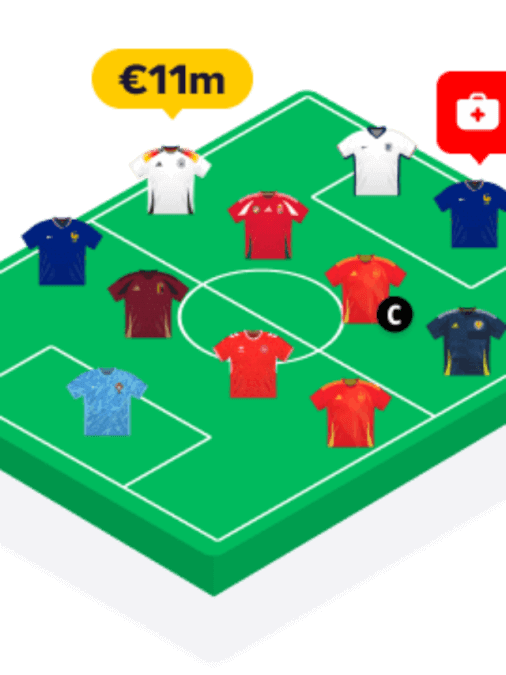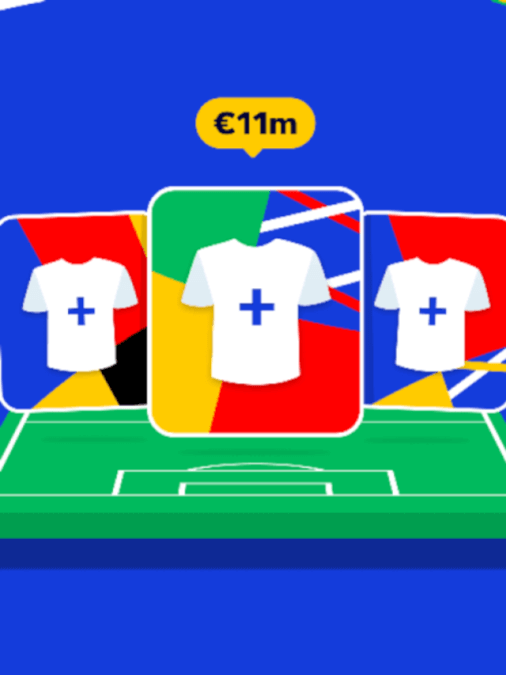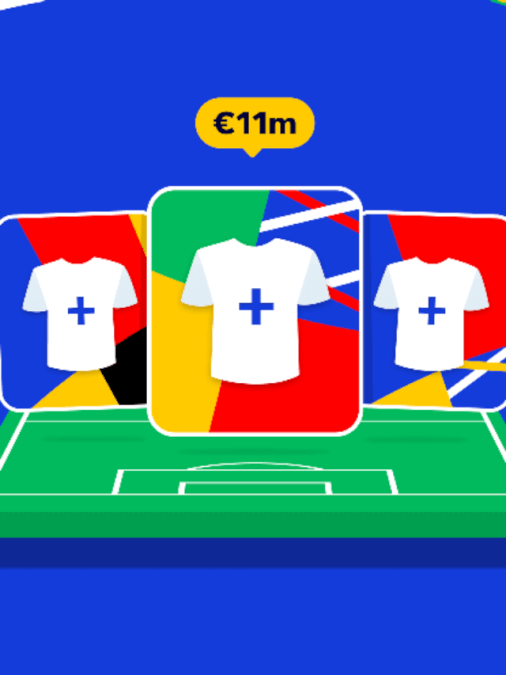Proper nutrition is key to the performance and development of young athletes, but for young female footballers, specific nutritional needs must be addressed to ensure optimal health and peak performance.
While many aspects of sports nutrition are universal, young female athletes face unique challenges, such as a greater risk of iron deficiency, calcium needs for bone health, and energy balance.
In this article, we will explore the dietary requirements of young female footballers and how to meet them through a balanced diet.
For a deeper dive into the overall importance of nutrition for young athletes, check out our article on the importance of proper nutrition for young footballers.
Key Nutritional Considerations for Young Female Footballers
Iron Deficiency and Anemia Risk
Iron is a vital nutrient that supports oxygen transport and energy production, and it is especially crucial for young female athletes.
Due to the onset of menstruation, females are at a higher risk of developing iron deficiency and anemia, which can lead to fatigue, poor performance, and even long-term health issues.
Incorporating iron-rich foods like lean meats, leafy greens, and fortified cereals can help. Pairing these foods with vitamin C-rich options, such as berries or oranges, improves iron absorption, making it easier for the body to use.
You can learn more about the role of vitamins and minerals like iron in our article on the role of vitamins and minerals in football performance.
Calcium and Bone Health
During adolescence, bone development reaches a critical stage, and calcium intake is essential to ensure strong bones.
Female athletes face an increased risk of stress fractures and osteoporosis later in life if their diets lack adequate calcium and vitamin D.
Calcium-rich foods, such as dairy products and leafy greens, along with adequate vitamin D from sunlight or fortified foods, are essential for building and maintaining bone strength.
For ideas on incorporating calcium-rich foods into meals, see our recipe suggestions in Superfoods for Young Athletes: What They Are and Why They Matter.
Energy Balance and Caloric Intake
Maintaining an energy balance is crucial for young female footballers who train intensively. Under-eating can lead to fatigue, muscle breakdown, and hormonal imbalances.
However, due to societal pressures and body image concerns, some female athletes may restrict calories, putting their health and performance at risk.
Focusing on nutrient-dense, whole foods that provide sufficient energy for training and recovery is key. Our guide to building a balanced day of meals in A Day in the Diet of a Young Footballer offers practical tips for young athletes.
Protein Requirements
Protein plays a critical role in muscle repair, recovery, and growth. For young female athletes, adequate protein intake is essential to support their physical development, especially when training intensifies.
Lean proteins like chicken, fish, eggs, and plant-based options such as beans and lentils are excellent sources.
For snack ideas that incorporate healthy proteins, take a look at Snack Ideas for the Sidelines: Healthy Options for Young Players.
Key Vitamins and Minerals for Female Athletes
Iron
Iron is essential for preventing fatigue and maintaining endurance, especially in female athletes. Including a variety of iron sources like lean meats, spinach, and fortified cereals in your diet helps ensure adequate intake.
For more on the benefits of combining foods for optimal nutrition, see our article on macronutrients and their role in football performance.
Calcium and Vitamin D
Calcium and vitamin D work together to promote bone health. Dairy products, fortified plant-based milk, and leafy greens are great sources of calcium, while vitamin D can be obtained from fortified foods and sunlight exposure.
Folate and B Vitamins
Folate and B vitamins are essential for energy metabolism, and they help prevent fatigue. Foods rich in folate include eggs, whole grains, lentils, and green vegetables.
Sample Meal Plan for a Young Female Footballer
| Meal | Description |
|---|---|
| Breakfast | Greek yogurt with berries and chia seeds, or fortified cereal with almond milk. |
| Lunch | Quinoa salad with grilled chicken and avocado, or whole grain wraps with turkey. |
| Dinner | Baked salmon with sweet potatoes and broccoli, or lentil stew with brown rice. |
| Snacks | Almonds, mixed berries, hummus with carrots, or boiled eggs. |
For more breakfast ideas tailored to young athletes, check out our detailed guide on Building a Winning Breakfast: Start Your Day Like a Champion.
Common Nutrition Challenges for Young Female Athletes
Managing Menstrual Symptoms Through Nutrition
Menstrual symptoms like cramps, fatigue, and bloating can affect performance. Incorporating foods that reduce inflammation, such as fish, nuts, and leafy greens, can help alleviate discomfort.
Staying hydrated is also crucial during menstruation. Our article on hydration hacks for young footballers offers tips on staying hydrated to reduce bloating and cramping.
Dealing with Food Intolerances and Allergies
Some young athletes may have food intolerances or allergies, which can complicate meal planning. It’s important to find alternatives that still meet nutritional needs, such as using fortified plant-based milk in place of dairy or gluten-free grains like quinoa.
If your athlete has specific food sensitivities, learn more in our article on handling food allergies and intolerances in young footballers.
Body Image and Eating Disorders
Female athletes may face pressures related to body image, leading to unhealthy eating patterns. It’s essential to promote a balanced, healthy approach to food and focus on how nutrition fuels performance rather than appearance.
Supplements: When Are They Needed?
In some cases, supplementation for iron, calcium, or vitamin D may be necessary, especially if dietary intake is insufficient.
However, it is always important to consult with a healthcare provider before starting any supplements to ensure the correct dosage and safety.
Conclusion
Young female footballers have unique nutritional needs that must be addressed to ensure both short-term performance and long-term health.
From iron and calcium intake to managing menstrual symptoms through nutrition, understanding these requirements is key to helping young athletes thrive.
A balanced, nutrient-dense diet that supports their physical and mental well-being is the best way to ensure they can play at their best and stay healthy.
For more nutrition tips specific to young footballers, check out our comprehensive guide on top 10 energy-boosting foods for young footballers.
Key Takeaway Table
| Nutrient | Why It Matters | Key Food Sources |
|---|---|---|
| Iron | Prevents fatigue, supports oxygen transport | Lean meats, spinach, fortified cereals |
| Calcium | Builds strong bones, prevents stress fractures | Dairy products, leafy greens, fortified milk |
| Protein | Aids muscle repair and recovery | Chicken, fish, beans, legumes |
| Folate (B Vitamins) | Supports energy metabolism, prevents fatigue | Eggs, whole grains, lentils |
| Vitamin D | Helps calcium absorption, strengthens bones | Sunlight, fortified milk, fatty fish |









